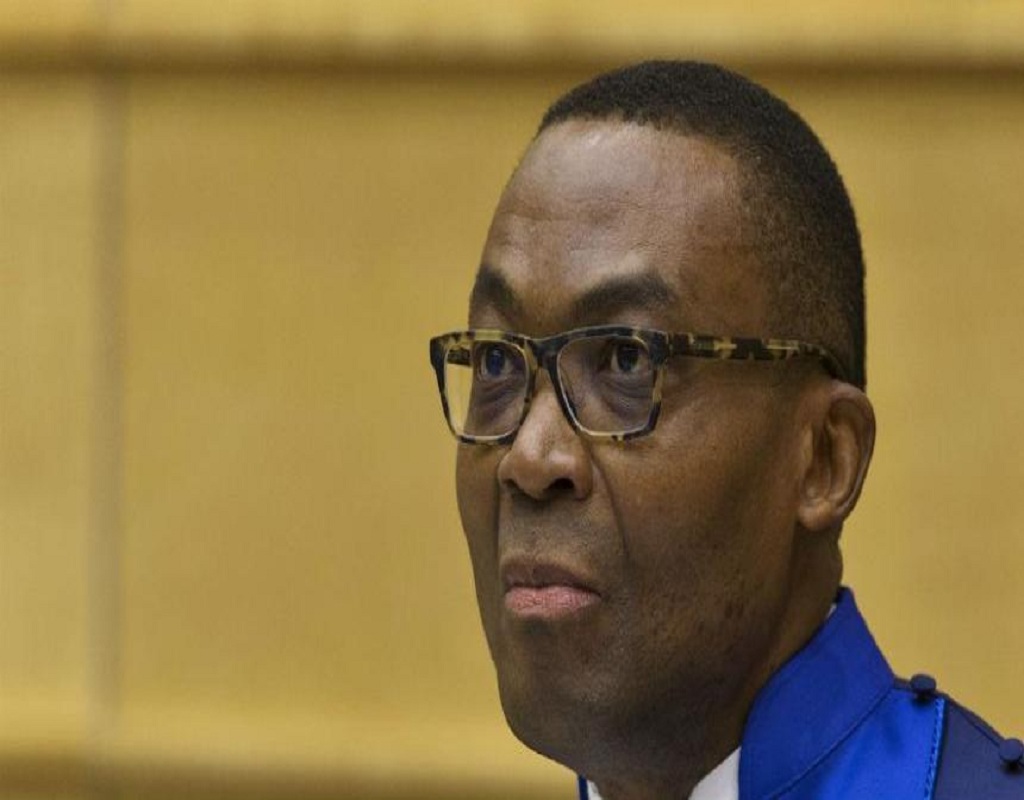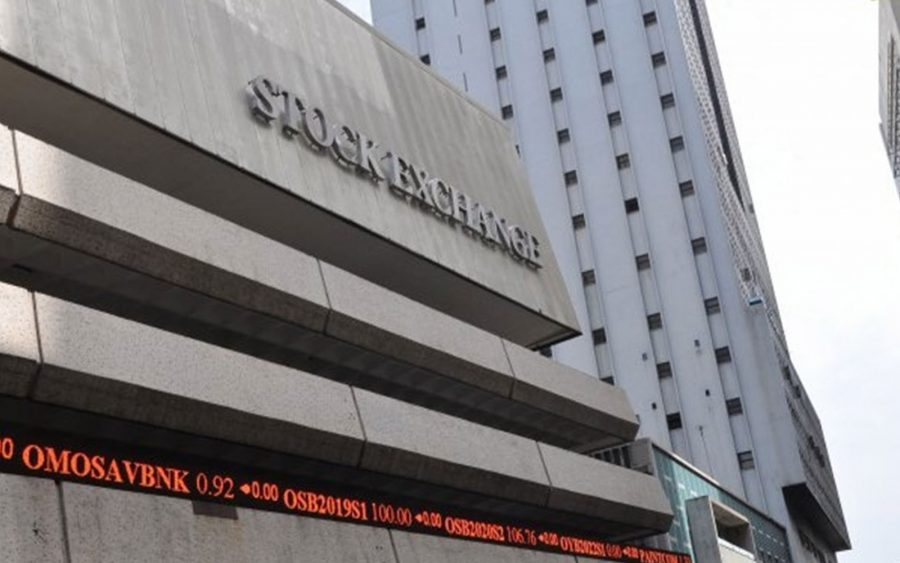Judges of the International Criminal Court at a plenary sitting have elected Justice Chile Eboe Osuji, a Nigerian as the president of the court for a three-year term with immediate effect. Judge Robert Fremr(Czech Republic) was elected First Vice-President and Judge Marc Perrin de Brichambaut (France) Second Vice-President.
Judge Chile Eboe-Osuji elected #ICC President for 2018-2021. Find out all about the new composition of the ICC Presidency here https://t.co/8wFxIh9arF #justicematters
— Int'l Criminal Court (@IntlCrimCourt) March 11, 2018
According to a statement on its website, the new president while reacting to his elevation as the president of the court said
He is deeply honoured to have been elected by his peers as President of the International Criminal Court. Noting that he feels encouraged to rely on the wide experience of the two Vice-Presidents, Judge Robert Fremr and Judge Marc Perrin de Brichambaut, both of whom he has worked closely with previously.
The new president of the court also said he is looking forward to working together with them as well as with all the judges, all the Officials and the staff of the Court in a spirit of collegiality.
In his words:
“I also look forward to collaborating with the Assembly of States Parties, civil society and the international community at large, acting together to strengthen and reinforce the Rome Statute system, the 20th anniversary of the adoption of which we celebrate this year, I am also grateful to the previous President, Judge Silvia Fernández de Gurmendi, and Vice-Presidents, Judges Joyce Aluoch and Kuniko Ozaki, for their work and leadership.” he said.
Profile of Judge Chile Eboe-Osuji
- The new president holds an LLB from the University of Calabar, Nigeria (1985), an LLM from McGill University, Canada (1991), and a PhD in international criminal law from the University of Amsterdam, The Netherlands (2011).
- He was elected to ICC in December 16, 2011, thus making him the first judge of Nigerian descent in that Court. He won the office in the fifteenth ballot in the Assembly of States Parties with 102 votes.
- He has taught international criminal law as an adjunct professor at the Faculty of Law of the University of Ottawa, Canada, and has an extensive record of legal scholarship and publications.
- Judge Eboe-Osuji served as a legal expert to Nigeria’s delegation to the ICC-ASP Special Working Group on the Definition of the Crime of Aggression and practised law as a barrister, appearing in many criminal, civil and constitutional cases before national courts in Nigeria and Canada.
- Prior to joining the ICC, Judge Eboe-Osuji was the Legal Advisor to the UN High Commissioner for Human Rights, during which time he led the writing of submissions to the European Court of Human Rights and the United States Supreme Court.
- He also served as the Principal Appeals Counsel for the Prosecution in the Charles Taylor Case at the Special Court for Sierra Leone (2007-2008) and has held several posts at the International Criminal Tribunal for Rwanda, including Head of Chambers (2008-2010) and Lead Prosecution Trial Counsel (2000-2003).
The International Criminal Court (ICC) was established on 17 July 1998, by a conference of 160 States which established the first treaty-based permanent international criminal court. The treaty adopted during that conference is known as the Rome Statute of the International Criminal Court.
The court investigates and, where warranted, tries individuals charged with the gravest crimes of concern to the international community: genocide, war crimes, crimes against humanity and the crime of aggression. Several individuals have been indicted by the ICC which includes President Omar al-Bashir of Sudan and the Former Ivorian President Laurent Gbagbo, and his wife Simone.











![[The Nigerian Economy Daily] FG has approved the closure of five foreign missions and embassies](https://nairametrics.com/wp-content/uploads/2017/05/nigerian-economy-today-1.jpg)









